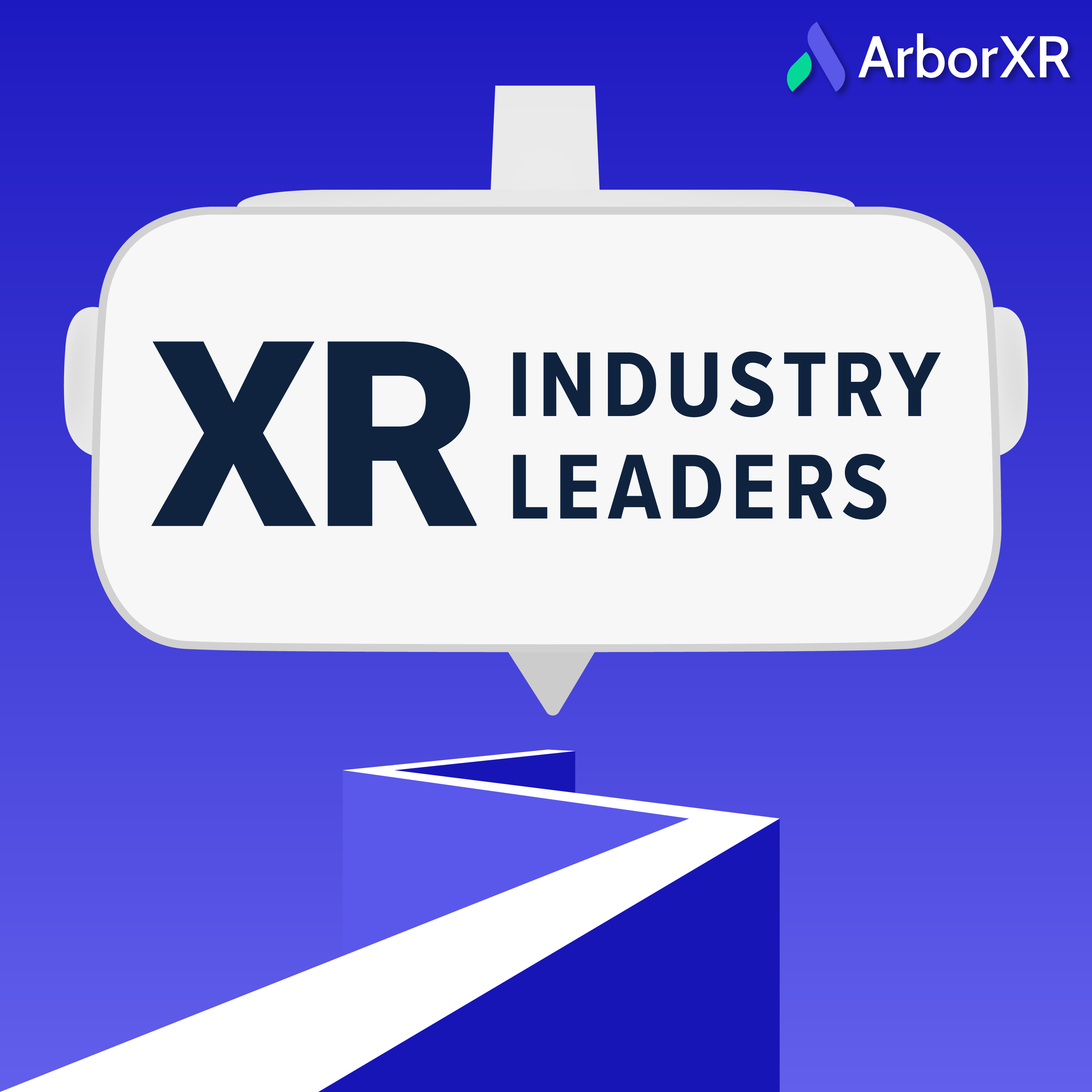
Harvard: Experiential VR Learning in Education

XR Industry Leaders
Shownotes Transcript
In this episode, we discuss with Matt Cook, an XR consultant at Harvard University Libraries, the impact of virtual and augmented reality on higher education.
Matt describes how he came into the world of XR after discovering VR's potential for while studying philosophy. At the University of Oklahoma, he spearheaded VR programs with an emphasis on cost-effective solutions. Now at Harvard, Matt curates custom virtual reality (VR) experiences utilizing the institution's rare artifacts and collections.
We discuss immersive use cases from a variety of fields, including theater, ancient history, literature, and organic chemistry. For instance, Matt created a virtual reality Globe Theatre so that students could perform Shakespeare as if they were ancient actors. Additionally, his team created captivating molecular visualizations to enhance spatial comprehension in chemistry laboratories.
Matt describes the transition from hardware constraints to the current emphasis on customized content creation. He emphasizes productivity tools such as Gravity Sketch and Engage that facilitate XR learning for multiple users. Also, we investigate the importance of experiential learning and "digital superpowers" that transcend physical limitations.
Matt reflects on the thrilling trajectory of XR, which includes innovations such as eye tracking, haptics, and AI-driven content generation. He emphasizes the symbiotic relationship between AI and XR, with automation driving data refinement and immersive experiences facilitating human-centered comprehension.
A revealing discussion on the expanding role of XR in higher education and beyond. We distill important lessons for integrating virtual worlds into curricula and reveal an intriguing high-tech future in which VR and AI converge.
Timestamps:
- Introduction (00:00)
- How did Matt get interested in VR (01:02)
- Jump from OK to Harvard (02:53)
- How have things evolved in integrating VR into education (05:09)
- How do you create an XR program that scales (06:57)
- Single use case at Harvard (08:56)
- What is the advantage to using AR/VR in education (12:05)
- Apple headset (13:51)
- Barriers of bringing VR into education (16:21)
- Organic chemistry example (19:07)
- Digital superpowers (21:31)
- AI and XR intersection (25:01)
- Digital superpowers wrap up (26:31)
- Advice for bringing VR to education in (27:07)
- Links and goodbye (29:24)
About Matt Cook:
Matt Cook is Digital Scholarship Program Manager at Harvard Library. In this role, Matt provides instruction, assists in the development of technology spaces, and leads efforts to digitize and explore heterogenous (i.e. text, artifacts, AV, etc.) material collections, at scale, while keeping “humans in the loop” through the use of augmented and virtual reality interfaces. As a researcher, Matt studies the state and trajectory of digital scholarship generally, what it takes to manage exploratory teams in libraries, and the scholarly impact of new knowledge services related to physical fabrication and mindfulness. Find out more at https://www.mncook.net/).
About Harvard:
Harvard University is devoted to excellence in teaching, learning, and research, and to developing leaders who make a difference globally.
About ArborXR:
ArborXR helps organizations confidently manage VR & AR devices at scale, remotely install content, and control what users can see and do in the headset. Our mission is to help people live more meaningful lives through the power of XR. Learn more at https://arborxr.com).
Links & Resources:
- Connect with Matt on LinkedIn: https://www.linkedin.com/in/matt-cook-a5a698225/)
- Connect with Brad on LinkedIn: https://www.linkedin.com/in/brad-scoggin/)
- Connect with Will on LinkedIn: https://www.linkedin.com/in/willstackable/)